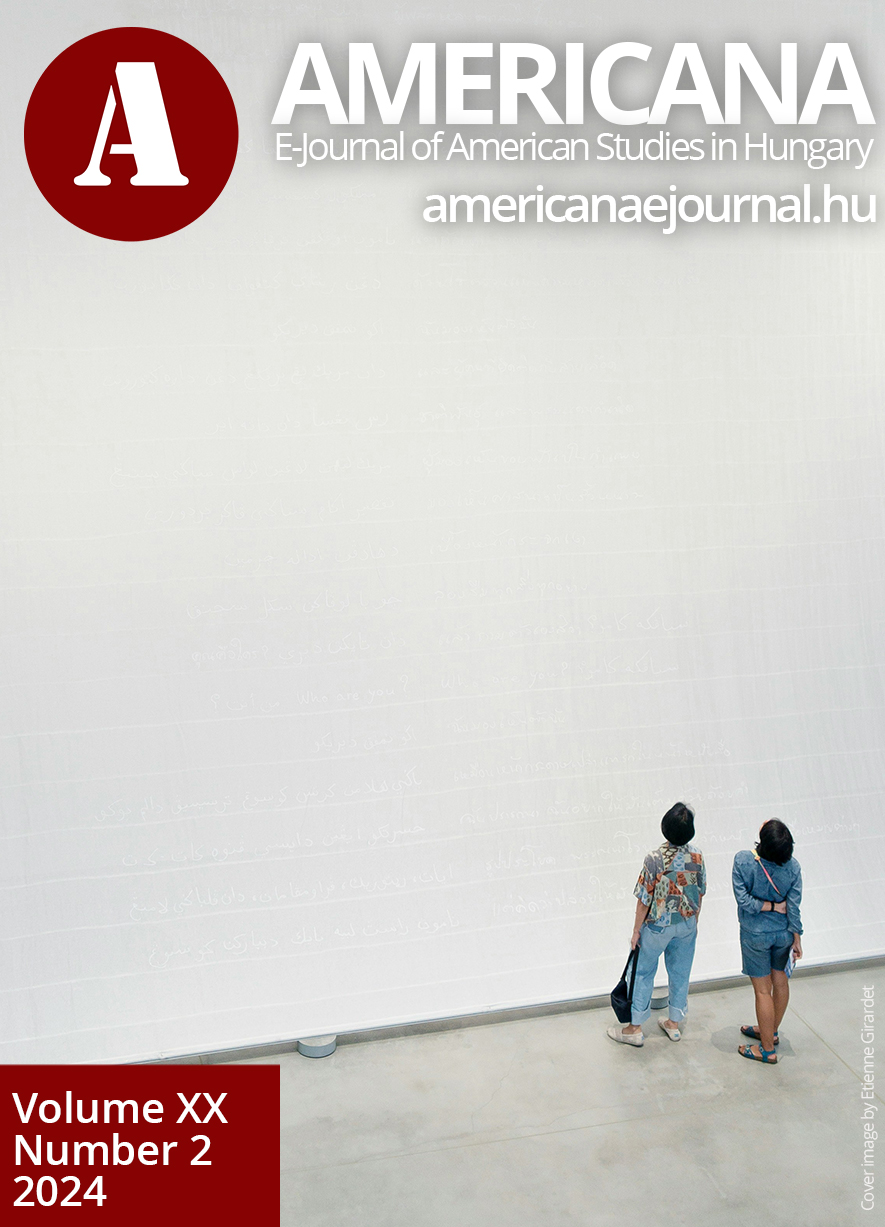Approaching an Intersection: Pragmatic Competence and Being a University Student
Main Article Content
Abstract
One of the more familiar challenges of teaching first-year university students is fostering their
initiative to take part in class discussion. In the EFL classroom, discussion activities are rightly valued as
opportunities for language practice. Less obvious, in contrast, may be the ways that the process of
acculturation to college classroom norms intersects with second language difficulties, especially among
f
irst-generation college students who comprise a sizable demographic in the Hungarian university
population. Pragmatics instruction, it will be argued, has a role to play in helping empower students to
express their ideas and opinions in the company of their peers and instructors. However, supplying students
with a lexical “toolkit” and peer-to-peer scenarios is only a first step in this direction. Indeed, it is precisely
because the college experience is for many “first gens” a form of culture shock that the norm-disrupting
potential of North American humor can be as important as modeling the myriad ways English speakers can
verbally negotiate awkward or unfamiliar situations. Best practices for supporting first-year student
engagement and success, as piloted at U.S.-based higher education institutions will also be explored.
Downloads
Article Details

This work is licensed under a Creative Commons Attribution-NonCommercial 4.0 International License.

